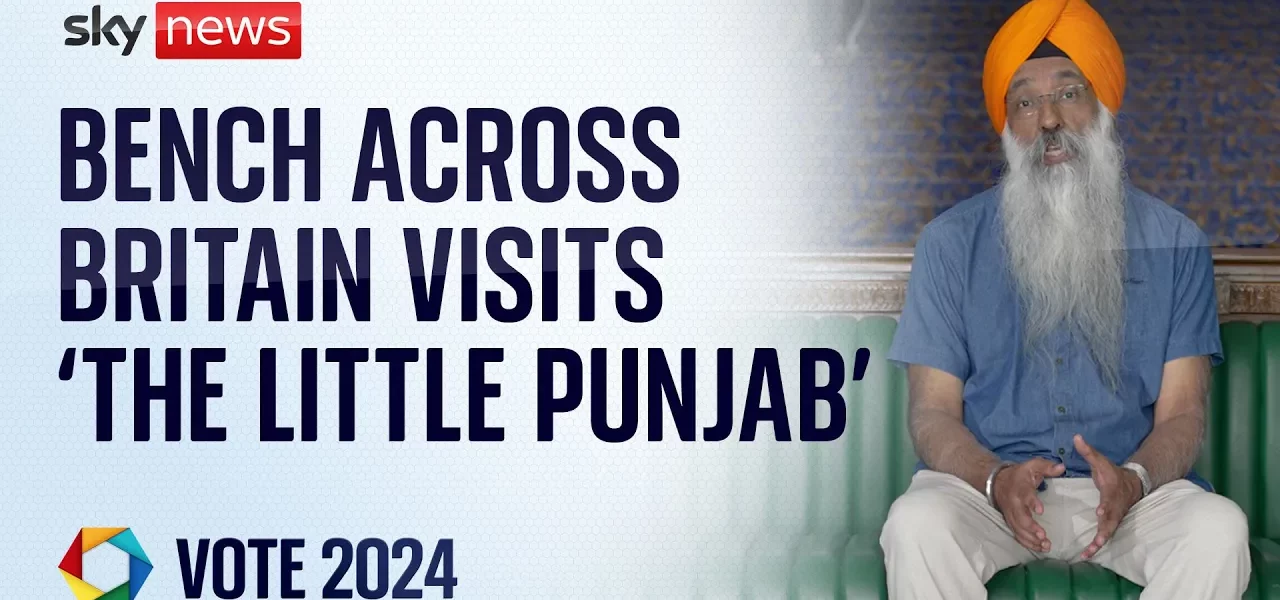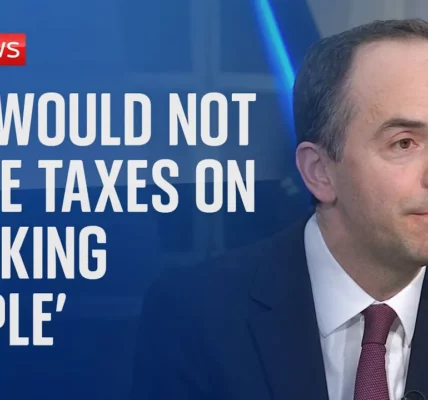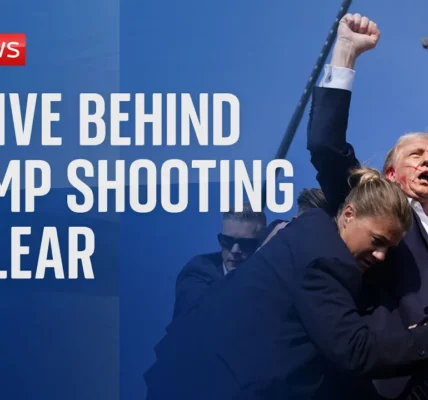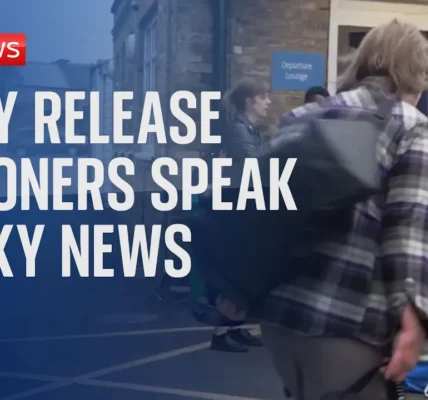Seek Sumo Wrestling: The Influence of Sikh Voters in UK Elections

This article delves into the ancient game of Kabaddi, its cultural significance in the UK Punjabi community, and the crucial role Sikh voters play in shaping electoral outcomes across the nation.
Introduction
Kabaddi, often referred to as “seek sumo wrestling,” has deep roots in Punjabi culture, originally serving as a military training exercise. It has evolved into a vibrant fixture in the UK Punjabi calendar. As the nation prepares for elections, the Sikh community’s voting power is becoming increasingly evident, particularly in areas like Southall, where Sikhs constitute a significant portion of the population. This article examines the history of Kabaddi, the current political landscape, and the pressing issues that matter to the Sikh electorate.
The Cultural Significance of Kabaddi
Kabaddi is more than just a sport; it embodies the spirit and resilience of the Punjabi people. This ancient game has been a source of community bonding and a means of cultural expression. In the UK, it has adapted to modern sensibilities while retaining its traditional roots.
Historical Context
The origins of Kabaddi can be traced back to ancient Indian military strategies, where it was used to train soldiers in techniques for capturing opponents. Today, it serves as a reminder of the rich heritage of the Punjabi community.
Kabaddi in the UK
- Community gatherings and tournaments.
- Role in promoting physical fitness.
- Fostering cultural pride among younger generations.
The Sikh Voter Landscape in the UK
The Sikh community represents a vital demographic in the UK’s electoral landscape, particularly in constituencies with high Sikh populations, such as Southall and Gravesend. As the costs of living rise, the political allegiance and voting behavior of this community have gained significance.
Demographics and Voting Power
In Southall, Sikhs account for approximately 30% of the population, illustrating their potential impact on election outcomes. Similarly, in Gravesend, where Sikhs make up 8% of the voting population, their influence can be pivotal.
Political Concerns and Aspirations
- Demand for a public inquiry into the 1984 Sikh massacre.
- Addressing issues such as homelessness and rising living costs.
- Calls for recognition of hate crimes against Sikhs.
These issues resonate deeply within the community, shaping their voting preferences and expectations from political leaders.
Political Engagement and Future Directions
As election day approaches, understanding how to engage the Sikh electorate becomes crucial for candidates. Political leaders must address community concerns to gain their support effectively.
Strategies for Engagement
- Listening to community voices during town halls and events.
- Promising tangible actions on pressing issues like public safety and community support.
- Building relationships with community leaders and organizations.
The Role of Representation
Representation matters. With leaders like Rishi Sunak, who has Punjabi origins, the Sikh community is keen to see their interests reflected in government policies. However, the effectiveness of political representation is often judged by the actions taken to address community-specific issues.
Conclusion
In conclusion, the game of Kabaddi serves as a cultural touchstone for the Sikh community in the UK, while the forthcoming elections present a critical opportunity for Sikh voters to influence political discourse. The community’s aspirations for recognition and change are more urgent than ever. As we approach the elections, it is essential for politicians to listen and respond to the needs of this vital demographic. Engaging with Sikh voters not only strengthens democratic processes but also fosters a more inclusive society.
For more insights on the Sikh community’s influence in politics, check out our related articles on community engagement and voting rights.
“`




